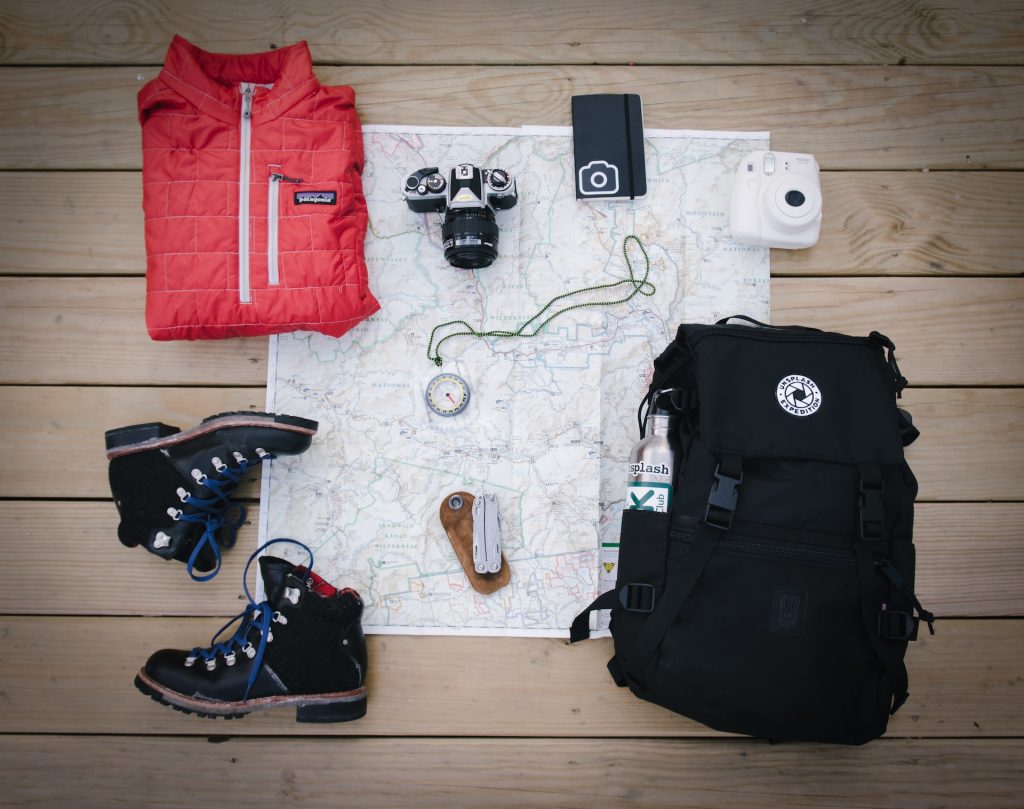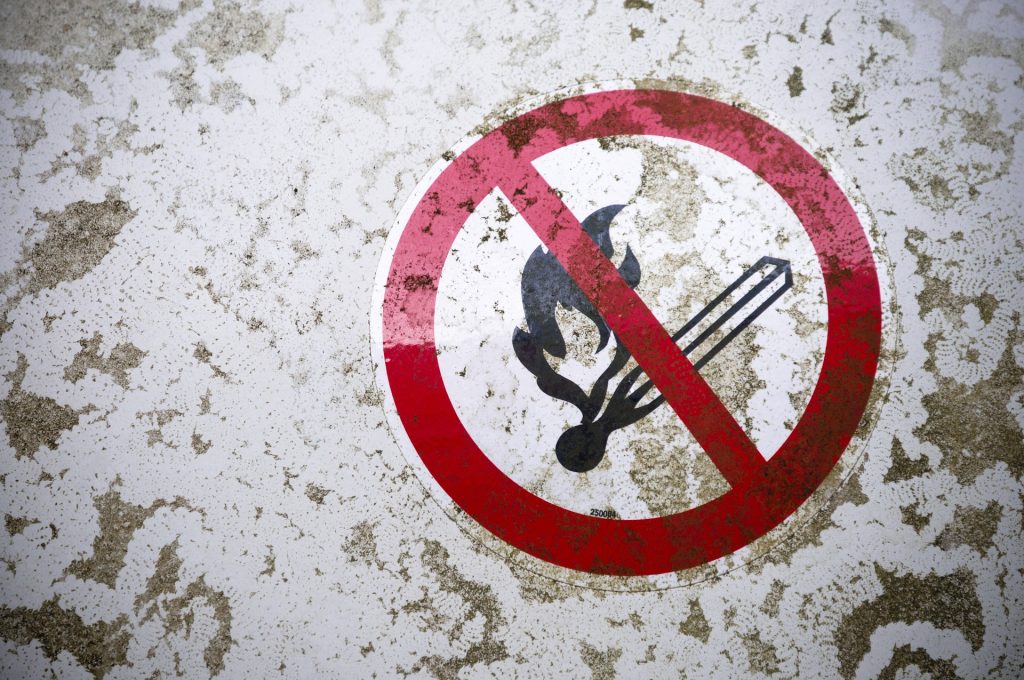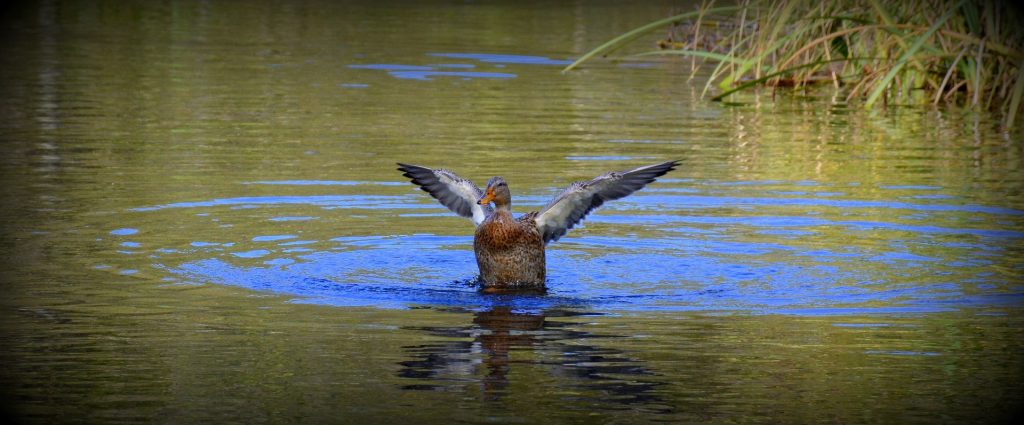As the largest national park system in the world, Canada boasts some of the most beautiful and diverse landscapes in the world. With its rugged mountains, pristine lakes, and awe-inspiring wildlife, Canadian national parks are the perfect destination for outdoor enthusiasts looking for adventure and relaxation.
Camping is an excellent way to experience the natural beauty of Canada’s national parks, but it can also be a challenging and rewarding experience. To help you get the most out of your camping trip, we’ve put together a list of expert tips for camping in Canadian national parks.
Plan Ahead and Book Early

The first step in planning your camping trip is to decide which national park you want to visit and when. Canadian national parks are incredibly popular, and campsites tend to fill up quickly, especially during peak season. To avoid disappointment, it’s essential to plan ahead and book your campsite as early as possible.
Most national parks in Canada allow you to book campsites online, and some even have an app to make the process more convenient. It’s a good idea to research the park you want to visit and find out when the peak season is, what amenities are available, and what activities you can do.
Pack Smart

When it comes to packing for a camping trip, less is often more. Try to pack only the essentials, such as a tent, sleeping bag, and cooking supplies. Don’t forget to bring warm clothing, even if you’re visiting in the summer, as temperatures can drop significantly at night.
It’s also essential to pack food and water, as not all campsites have easy access to drinking water or a nearby store. Bringing a water filtration system or purification tablets can also be useful in case you need to purify water from a nearby stream or lake.
Respect the Environment
Canadian national parks are home to a diverse array of wildlife, from bears and moose to wolves and elk. It’s essential to respect the environment and the animals that live there by following a few simple rules.
Firstly, make sure you store your food and garbage properly to avoid attracting wildlife to your campsite. You should also avoid feeding the animals, as this can lead to them becoming reliant on human food and can cause them to become aggressive.
Additionally, make sure to stay on designated trails and avoid trampling on vegetation. This helps to protect the fragile ecosystem and preserve it for future generations.
Be Prepared for the Weather
Canadian weather can be unpredictable, and it’s essential to be prepared for anything. Make sure to check the weather forecast before you leave and pack accordingly.
Even in the summer, temperatures can drop significantly at night, so make sure you have warm clothing and a good sleeping bag. In the spring and fall, snow and rain are common, so be prepared for wet conditions.
Bring a First Aid Kit

Accidents can happen, even on the most well-planned camping trips. It’s essential to bring a well-stocked first aid kit to deal with any minor injuries or illnesses.
Your first aid kit should include basic supplies such as bandages, antiseptic, and pain relief medication. It’s also a good idea to bring a whistle and a signal mirror in case you need to attract attention in an emergency.
Follow Fire Safety Rules

Campfires are a traditional part of camping, but they can also be dangerous. Canadian national parks have strict fire safety rules to prevent forest fires, and it’s essential to follow them.
Make sure you only use designated fire pits and never leave a fire unattended. It’s also important to fully extinguish the fire before leaving the campsite. Water should be poured on the fire pit and coals should be stirred until they are cold to the touch.
Leave No Trace
One of the most important principles of camping is to leave no trace. This means that you should leave your campsite exactly as you found it, without leaving any trash or damage to the environment.
Make sure to properly dispose of all garbage and food waste in designated bins, and avoid leaving any personal belongings behind. It’s also important to avoid damaging vegetation or disturbing the natural habitat of animals.
Respect Quiet Hours
Most Canadian national parks have designated quiet hours to ensure that everyone can enjoy a peaceful night’s sleep. Make sure to respect these quiet hours and keep noise levels to a minimum, especially late at night or early in the morning.
If you’re camping with a group, try to keep your voices down and avoid playing loud music. Remember that the natural sounds of the park, such as birdsong and rustling leaves, are part of the camping experience, so try to enjoy them.
Be Prepared for Bugs
Canadian national parks are home to a wide variety of insects, including mosquitoes, black flies, and ticks. It’s essential to be prepared for these bugs to ensure a comfortable and enjoyable camping experience.
Make sure to bring insect repellent and wear long sleeves and pants to protect yourself from bites. If you’re camping in an area with ticks, make sure to check yourself and your pets regularly for any signs of tick bites.
Have Fun and Be Flexible

Finally, remember that camping is supposed to be fun! While it’s important to plan ahead and be prepared, it’s also important to be flexible and open to new experiences.
Don’t be afraid to try new activities or explore different parts of the park. Be open to meeting new people and making new friends. And most importantly, take the time to relax and enjoy the natural beauty of the park.
Conclusion
Camping in Canadian national parks is a fantastic way to experience the natural beauty of this incredible country. By following these expert tips, you can ensure a safe, comfortable, and enjoyable camping trip.
Remember to plan ahead, pack smart, and respect the environment and wildlife. Be prepared for the weather and bring a well-stocked first aid kit. Follow fire safety rules, leave no trace, and respect quiet hours. And most importantly, have fun and be flexible!
With a little bit of preparation and a lot of enthusiasm, you’re sure to have an unforgettable camping experience in one of Canada’s stunning national parks.
